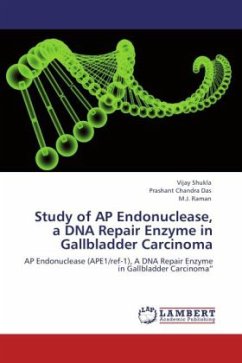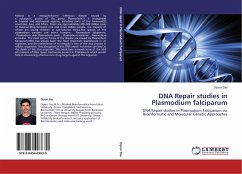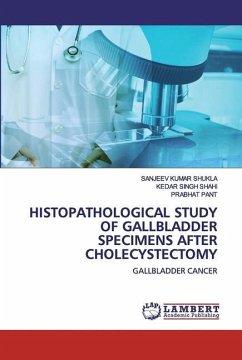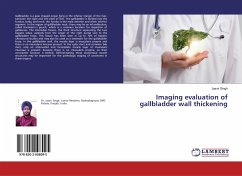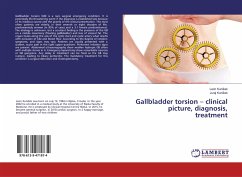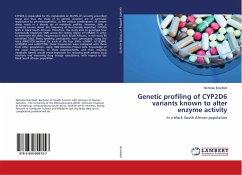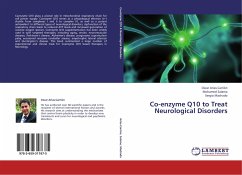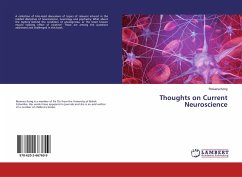The human AP-endonuclease (APE1/Ref-1), an essential multifunctional protein, plays a central role in the repair of oxidative base damage via the DNA base excision repair (BER) pathway. The mammalian AP-endonuclease (APE1) overexpression is often observed in tumor cells, and confers resistance to various anticancer drugs; its downregulation sensitizes tumor cells to those agents via induction of apoptosis. Disruption of APE1 function has been shown to have a detrimental effect on cancer cell viability and its elevated level in certain cancers has been implicated in resistance to chemo/radiotherapy and cell killing. Thus, level of APE1 may prove to have a prognostic importance in cancer management. APE1 has been seen to be elevated in prostrate, lung and cervical cancers. However, no study has been carried out on gall bladder cancer correlating with oxidative damage and level of APE1. Thus, any possible role of oxidative stress induced DNA damage and up-regulation of APE1 remains to be elucidated in the gall bladder cancer. This is a novel study in its type carried out with the intention of seeking for any possible co-relation between APE and Carcinoma bladder.
Bitte wählen Sie Ihr Anliegen aus.
Rechnungen
Retourenschein anfordern
Bestellstatus
Storno

